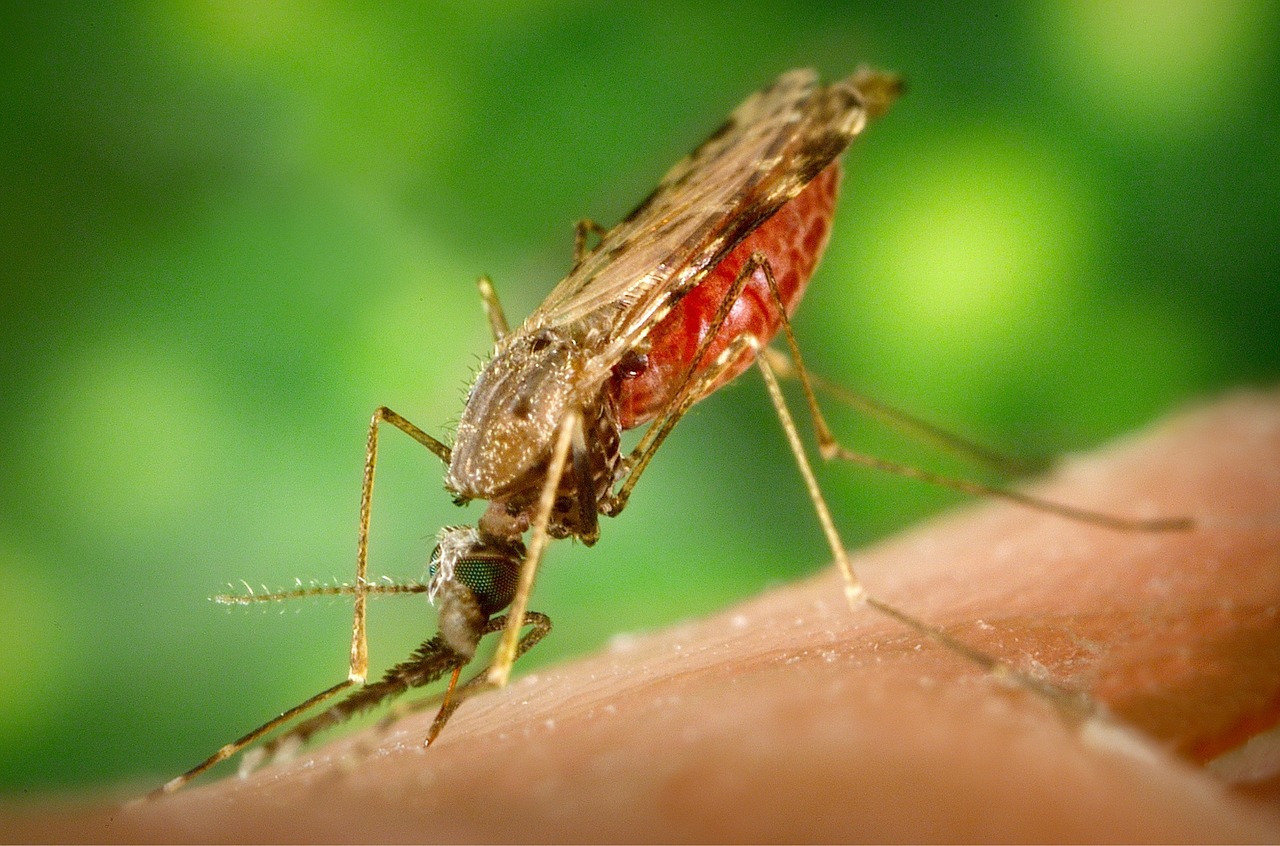
To nap or not to nap, that is the question
- Biology
- 1.5K
There are times in a person’s life when sleeping enough doesn’t seem possible. Most of these times tend to coincide with having to take final exams. So, the question is, when a person is a sleep deprived, should they take a nap, take a break, or power through and keep studying – for the best result?

This question was answered in a recently published Journal of Sleep Research study by a team of researchers from the Centre for Cognitive Neuroscience (CCN) at Duke-NUS Medical School (Duke-NUS).
Many things affect cognitive performance. Some of these factors include circadian rhythms, taking a rest break and how long a person spends doing a continuous task. However, how these factors interact to influence cognitive performance is poorly understood.
To shed more light on this topic, Assistant Professor Julian Lim and a team from the CCN decided to investigate the effects of napping on the processing speed of a sleep-restricted person. Processing speed, or how quickly a person is able to carry out simple or automatic cognitive tasks, is an important contributor to cognitive performance.
The study observed 57 healthy adolescents (26 female, 31 male, aged 15 to 19) as part of the CCN’s Need For Sleep 2 study. In the course of this study, participants were sleep deprived. They were allowed to sleep for five hours a night, over five days, which was followed by nine hours of recovery sleep for two days.
Prior to being sleep deprived, participants had to learn a task in which they matched symbols to corresponding key presses over three practice sessions – the Blocked System Decoding Test (BSDT). On the days they had been sleep deprived, participants had to complete seven blocks of the BSDT, interspersed with six rest periods. This task assessed the effect of work periods and rest breaks on their processing speed.
Participants were also divided into two groups – one group had a one-hour nap opportunity, in the afternoon prior to testing, and the other did not. Participants who took a nap had faster processing speed than those who had not. Interestingly, participants who had not napped benefitted more from the rest breaks built into the BSDT than participants who had been allowed to nap.
“Our study, which is the first large-scale study on sleep and napping conducted with adolescents in an extended 15-day live-in protocol, demonstrates that napping partially reverses the detrimental effects of sleep restriction on processing speed. In cases when sleep is not possible, results also support that taking a break could improve cognitive performance,” said Asst Prof Lim. “But really, nothing can improve cognitive performance like sleeping the recommended seven to nine hours a day.”
Study authors include senior author and CCN Director, Professor Michael Chee, and co-author, Assistant Professor June Lo. This research was supported by the Singapore Ministry of Health (MOH)’s National Medical Research Council (NMRC) under its Singapore Translational Research Investigator Award (NMRC/STaR/0015/2013) and the Far East Organization.
Source: Duke-NUS Medical School


